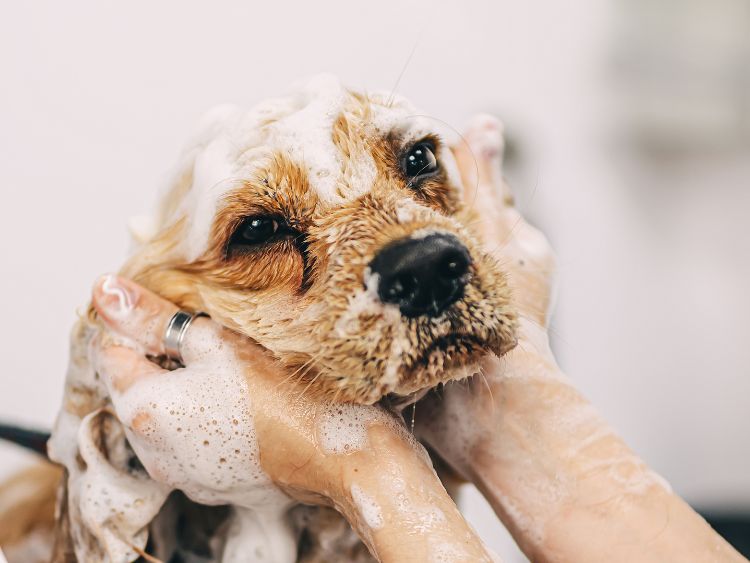Get helpful advice before you decide to adopt
What is the difference in an animal sanctuary and rescue? How will your children interact with a new pet? What are the expectations at your local shelter? These are some useful tips before you decide to adopt a pet.
1. Be kind – Adopt a pet
Adopting pets at local shelters and rescue groups can save the life of animals who are facing euthanasia due to lack of homes.
Pets boarded at your local shelters are not likely to have behavioral issues. Many of these animals are loved pets who have lost their owners and need a loving home. This is not uncommon. You are giving an animal a second chance by adopting a pet.
Before you purchase a new kitten or puppy, consider adopting one from your local animal shelter. You’ll give a home to an animal in dire need, and you will feel good knowing you have saved the life a beloved pet.
2. Animal Rescue and Animal Sanctuaries
What is the difference in an animal rescue agency and an animal sanctuary. Some animal rescue groups specialize in certain breeds of dogs or cats (e.g., golden retrievers), while others are more focused on specific types of animals, like cats. Animal sanctuaries on the other side are created to help endangered species recuperate or provide homes to exotic animals (such as big cats) that can’t go home as house pets.
3. How to Adopt a Dog
Before you make the decision to adopt a dog , there are some things you need:
- To find out the breed of dogs available at each shelter or agency, you should visit their website first.
- To find out if the shelter has a specific breed, call them or request a recommendation for an agency that specializes in breeds in your area.
- Check to see if the shelter spays or neuters the dog, provides necessary vaccinations, and offers a free bag of food.
- Also, be sure to have a collar and leash or a carrier if you are bringing a small dog.
- You will have to fill out a Pre-Adoption Form for approval of pet ownership when you arrive at the shelter.
- Check with the agency to see if your dog requires vaccines.
- When your adoption is complete, you should schedule a veterinary appointment to get your dog checked out. The first step in establishing a lasting bond is to make sure your dog is healthy.
4. Pet Adoption
These helpful tips are for pet owners who are new to adopting pets.
- First, make sure that your home is pet-proofed, especially if you adopt a kitten or puppy. Your pet will not be hurt by electric cords, unstable furniture, or poisonous substances in the garage, kitchen, or bathroom.
- Next, ensure you are willing to put in the effort and time necessary to provide medical care for your pet.
- You expect a long-lasting relationship with your pet when you adopt it. Make sure you have the financial resources to cover the cost of veterinary care for your pet.
- Also, ensure that your family is prepared to care for a pet. Young children should be prepared for caring for a pet. They should be made aware of any dangers in the home and how to handle pets gently.
- Are you able to give your pet the space he needs? Are you able to give your dog the exercise he needs?
- If you desire a pet as a companion and friend for life, then you’re on track. Consider learning more about pet ownership to help you decide if you are ready to adopt a pet.
5. Pet Adoption and Children
A child can have a fulfilling experience by adopting a pet. So that children understand the responsibility involved in pet adoption, they should be involved at every stage. It also allows them to have input in the decision-making process for bringing a pet home.
It is crucial to have good chemistry between the child and the dog in the initial stages. If the dog’s owner and dog bond immediately, the adjustment period following the adoption will be much easier. It is essential to establish a dog’s “pack” status quickly with you and your family, as dogs are naturally pack animals. A child who adopts a pet will be more emotional invested than one that is chosen for him/her.
6. Part two: Pet Adoption and Children
People are right to be concerned about aggressive dog breeds when considering adopting a pet. Pay attention to aggressive dog behavior. The behavior of a dog depends on how well it is trained and taken care of. Some breeds can be more aggressive than others. Children can make adoption easier by adopting puppies from the beginning and socializing their dog with them. If you don’t know the animal’s history, then dog rescue centers may not be the right place to adopt a pet.
If children are involved in the adoption of a dog that has been abused, it is best to avoid them. Children are not able to understand the special needs of pets that have been abused in the past and can be taken care of by adults. A dog who grows up with children will be more protective of them then a mature animal that needs socialization and training to fit into the family.
7. Top 5 Reasons You Should Adopt a Dog
There are many reasons to adopt a puppy or an older dog.
- It is usually not necessary to housetrain grown dogs, which is a huge time saver!
- Dogs need exercise. That means you’ll get more. Walking your dog every day is a great way of getting a workout and making new friends at the dog park.
- Did you know that pet owners tend to live longer and be happier than people without pets? That is an excellent reason.
- It is true that dogs make good guardians. They can provide safety and alert you to unwelcome strangers around your home.
- You are not only bringing a pet to your home but also saving someone’s life.
8. What to Expect from Your Animal Shelter
Be prepared to complete a pet adoption form when you are considering adopting a pet from your local shelter. The shelter will ask questions about your family, including if you have any pets. Don’t be offended. The shelter wants their pets to be loved and protected.
There may be conditions attached to adopting a pet from a shelter. This could include if the shelter believes that the pet will not be a good match for children or pets with other pets. They might also be interested in knowing if the family plans to relocate frequently and if there is a fenced yard. These questions are asked by shelters to ensure the welfare and well-being of the animals they care for. Please answer honestly. Please let the shelter know if your previous experience dealing with animals.


